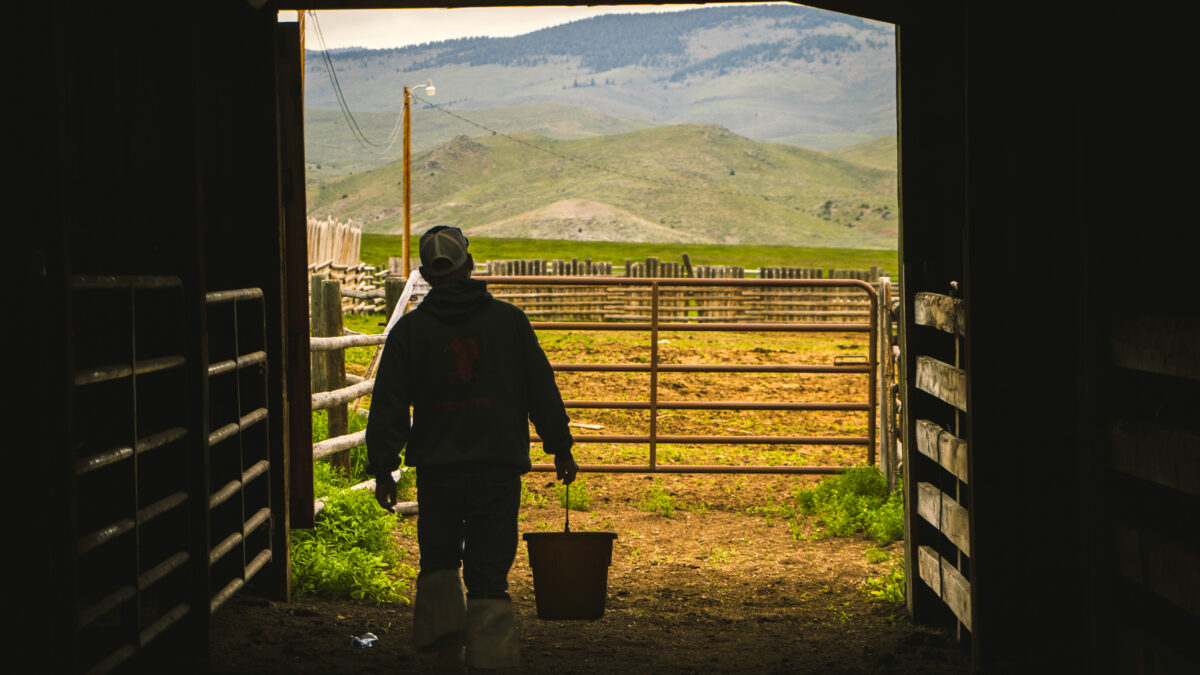Farm Families Worry About Coronavirus’ Lasting Impact
Erin Anthony
Director, Communications

photo credit: AFBF Photo, Dylan Davidson
Erin Anthony
Director, Communications
Behind every devastating drop in cattle, corn, ethanol and other crop futures, there are farm and ranch families with suddenly shaky futures.
Minnesota cattle rancher Peter Bakken and his brother are fourth-generation family farmers. Bakken’s son currently works with a nearby cattleman, but Bakken has every intention of bringing him into the family business.
“I have the fifth generation here, so it’s important that I keep things going,” Bakken said.
Having lost approximately $1 million in a few weeks’ time as the cattle market came crashing down 25% when the effects of coronavirus-related closures tore through nearly every aspect of the economy, Bakken’s farm and his son’s future are in jeopardy.
“Four generations have done their best to keep this business going. It’s very frustrating that we’ve worked so hard, yet we have no control over whether we can recover from this loss. I consider myself to be a well-established farmer and even for me this is going to be a major hit. It would be that much tougher if you were just getting started,” Bakken noted.
Like many other growers in the South Florida, Jim Alderman sells nearly all of his produce to food service outlets, but with restaurants, hotels, resorts and theme parks shut down and cruise ships docked, he’s finding it’s not even worth it to pick his produce.
“In 85-degree temperatures, squash has to be picked everyday or it gets too big. But it costs far more to pick it and pack it than the $4 and change I’d receive for a half-bushel box,” Alderman explained.
Like Bakken, Alderman said it’s hard to see or plan for a way out of this.
“Many farmers do not know what they’re going to do. If we keep going the way we’re going, very, very few produce farmers will be able to survive,” he warned.
Across the country, Idaho dairyman Alan Reed, who owns Reed Dairy, shares Bakken’s and Alderman’s concerns. Milk and other dairy products from Reed Dairy are sold directly to consumers via four retail stores and a milk delivery service.
Reed said his stored-based business is almost nonexistent and although the delivery service has picked up customers, it’s not enough to compensate for the retail losses, or all the milk produced across that country that will go unsold now that schools, universities and restaurants have largely shut down.